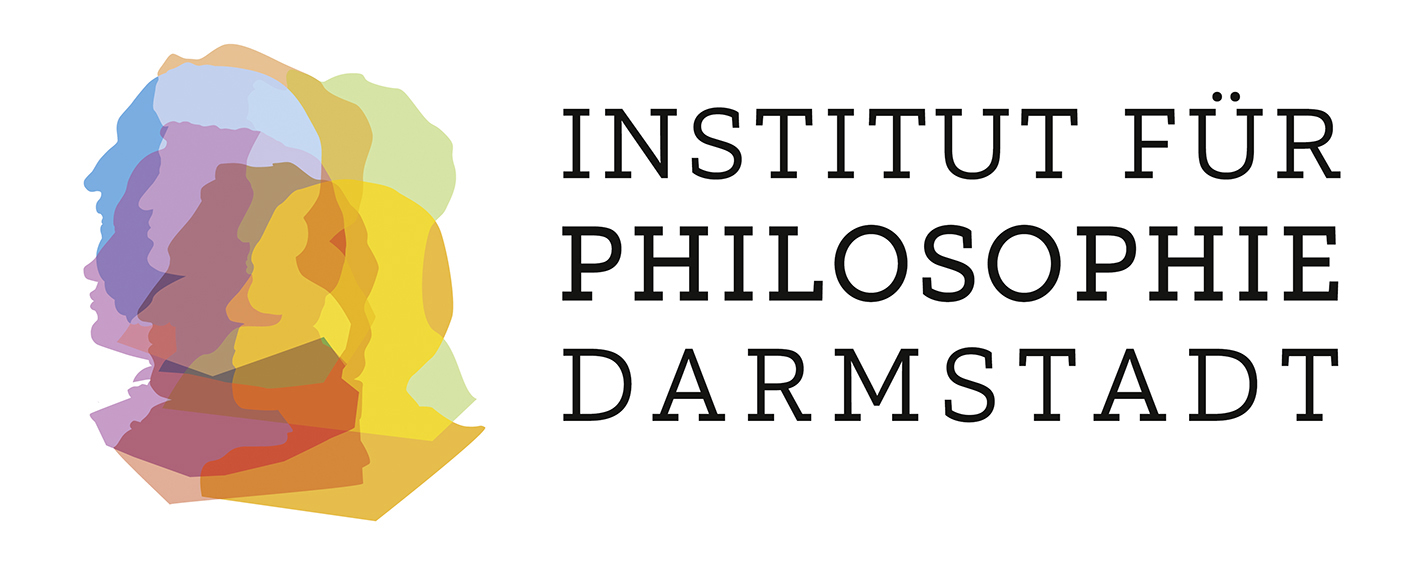The Cultures of the Cryosphere: Infrastructures, Politics and Futures of Artificial Cooling
Artificial cooling fundamentally shapes the world we live in. Since the onset of the Cold War, cooling and freezing technologies have become increasingly vital for a wide array of everyday practices, from nutrition, health and reproduction to dwelling, telecommunication, scientific research and economic productivity. A global system of cold storages, cold chains and air-conditioned spaces has become an energy-intensive yet barely considered planetary infrastructure: an “artificial cryosphere”. Artificial cold has drastically restructured life both on a biological and social level, yet the far-reaching impact of this technology is still largely unexplored and unresearched. Recent studies estimate that global cooling demand will increase five-fold by 2050, dramatically exceeding our future energy budget and urgently calling for change.
Our research project argues that avoiding the impending global cooling crisis will be impossible if we do not understand how the planetary infrastructure of artificial cold is deeply interwoven in cultural practices. Thus, in order to analyze the constitution of “cryogenic cultures”, we undertake four interdisciplinary multi-sited case studies in the domains of food supply, air conditioning, biomedicine and computing. We develop innovative approaches using mixed-methods rooted in the history of technology, geography, digital history of concepts, ethnography and the philosophy and ethics of technology.
Breaking ground for an innovative interdisciplinary field of research, this project will provide the first geographical mapping of the cryosphere, a historical reconstruction of its emergence, an ethnographic account on its cultural constitution, and a philosophical analysis and ethical assessment of its underlying norms and values. Thereby, we aim to develop a corpus of urgently needed knowledge to critically analyze a pressing global phenomenon while also identifying alternatives towards a more just and sustainable future of cooling.
For events, job offers and project news, follow us on Mastodon (opens in new tab)
All related events can be found here.
More details on the project can be found at cryocultures.org (opens in new tab).
Contact
Anne Timm, Project Coordinator (anne.timm@tu-…)
Project leader and coordinator
Prof. Dr. Alexander Friedrich (opens in new tab), Technical University of Darmstadt, corresponding PI
Further Principal Investigators
Jun. Prof. Suzana Alpsancar (opens in new tab), Paderborn University
Prof. Bronwyn Parry (opens in new tab), Australian National University, Canberra
Dr. Stefan Höhne (opens in new tab), Institute for Advanced Study in the Humanities (KWI), University of Duisburg-Essen
Project Management
Dr. Anne Timm, Head of Project Management, Technical University of Darmstadt
Project Partners
It is conducted by six teams based in leading research institutes: Technical University of Darmstadt, Paderborn University, Institute for Advanced Study in the Humanities (KWI) / University of Duisburg-Essen, Australian National University, Canberra as well as University of Hamburg and Martin Luther University Halle-Wittenberg (MLU).
Funding
The project is funded under ERC Synergy Grant Nr 101118625 (2024 – 3030)
It is conducted by six teams based in leading research institutes: Technical University of Darmstadt, Institute for Advanced Study in the Humanities (KWI) /University of Duisburg-Essen, Australian National University, Canberra as well as University of Hamburg and Martin Luther University Halle-Wittenberg (MLU).








